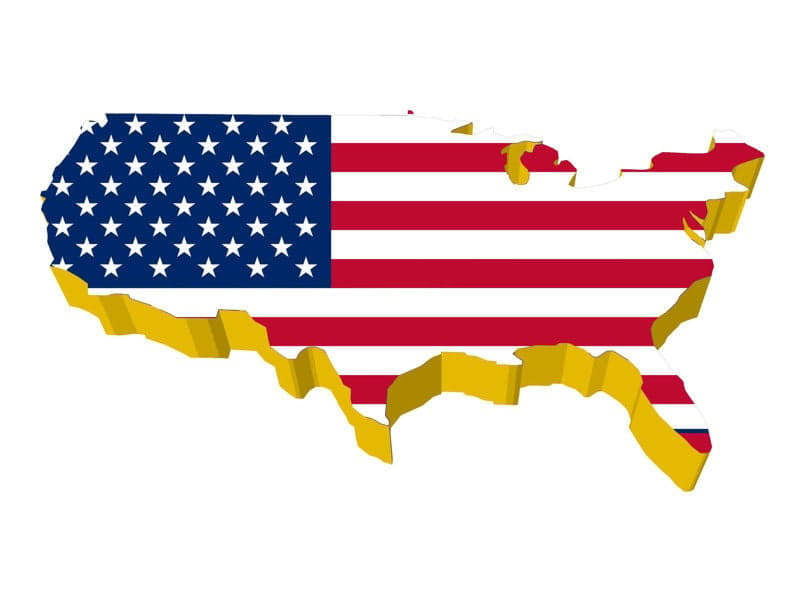The people of the United States cherish their hard-won liberty and freedom. They have recently been required to temporarily relinquish a degree of that liberty and freedom in the face of a global pandemic. They have reluctantly acquiesced to this temporary loss of liberty and freedom in the interests of reducing the risk of serious illness and death to their fellow citizens and themselves. However, they are anxious to reclaim their lost liberty and freedom and return to their normal lives. They have been uncomfortable with the intrusion of government control over their actions.
The global pandemic has been an unplanned opportunity to experience life under a far greater degree of government intrusion and control, as would be the case in the event of an accelerated effort to mitigate climate change under a program such as the Green New Deal or the Blue/Green New Deal. However, while the loss of freedom and liberty during the pandemic was temporary, the losses under an accelerated climate mitigation effort would be permanent and would lead to many changes to the lifestyle we have come to expect and enjoy.
The deindustrialization of the United States desired by climate change alarmists would result in permanent job losses far more extensive than the temporary losses experienced during the response to the pandemic. The temporary shortages of food and supplies would be far more extensive and permanent. However, they would likely also be accompanied by shortages of energy for heating, cooling, water heating and transportation, which have not been an issue during the response to the pandemic. The accelerated schedules for “carbon” emissions reductions would virtually assure increased unreliability of the energy supply as well as increased energy costs.
While US citizens have generally been willing to accept the efforts to control the coronavirus pandemic, with its relatively high level of illness and death, they would likely be far less willing to accept such efforts in the face of a less compelling “crisis”, such as the climate “crisis”. This is especially true in the immediate aftermath of the pandemic response, which has created significant economic hardship.
The responses to the pandemic globally have temporarily halted the frequently violent activities of groups such as the Extinction Rebellion. The end of restrictions on assembly will likely result in renewed aggressive and more frequently violent demonstrations. However, people are likely to be far less tolerant of these demonstrations and the resulting violence. There is likely to be significant pressure on law enforcement agencies to control the violence and arrest the violators. There will be very limited tolerance for additional economic disruption.
The American people are a resilient and driven people. They will do what is necessary to recover from the economic disruption caused by the pandemic response and restore the surge of economic growth over the past three years. They will resist efforts to prolong the economic disruption resulting from the government response to the pandemic. They will not willingly surrender their liberty and freedom and their potential for increasing prosperity for a Quixotic battle against climate change.
“Those who give up liberty for security deserve neither.”, Benjamin Franklin
